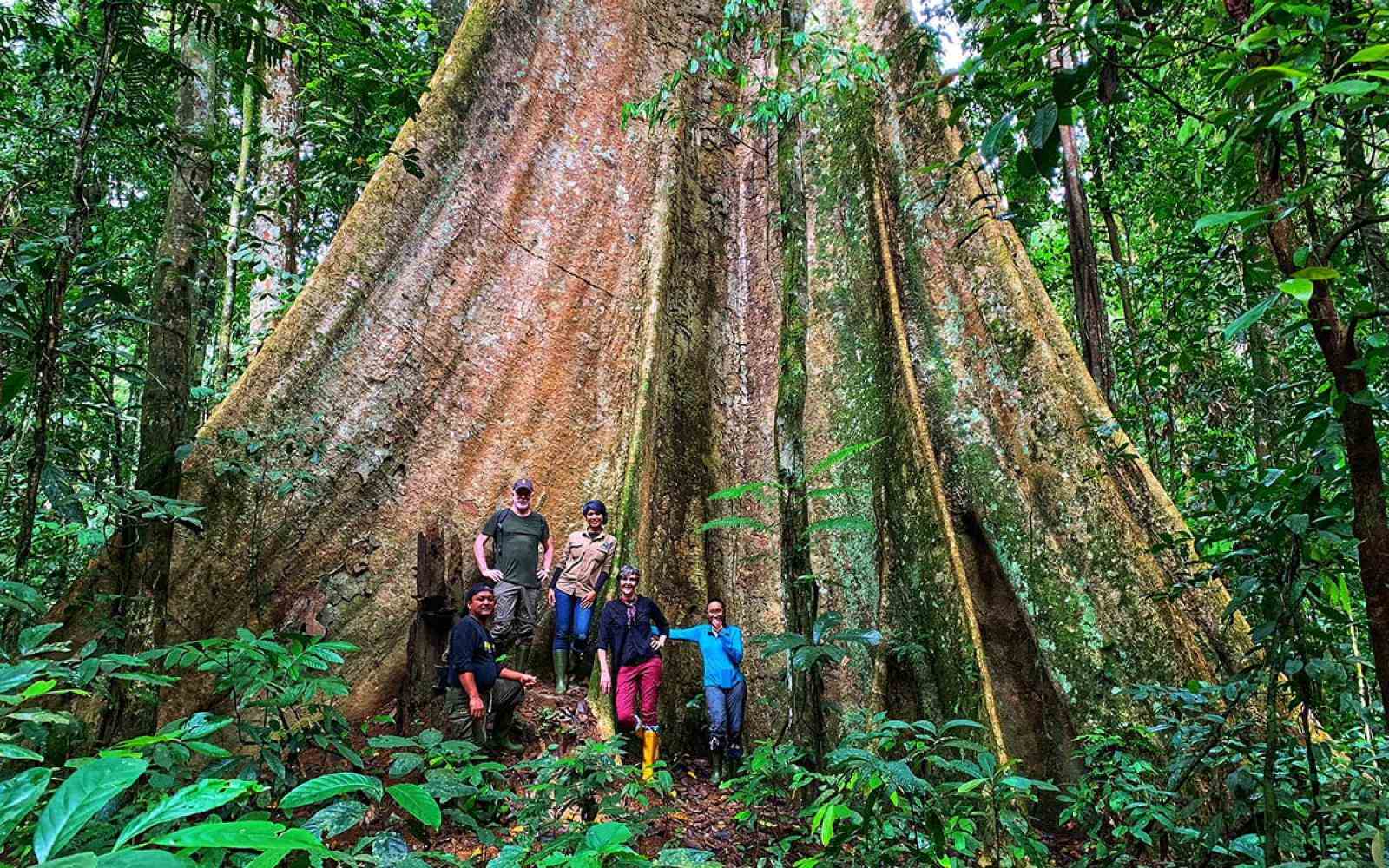
Everyone, everywhere, all at once - the only way to address the climate emergency
In March 2023, UN Secretary General António Guterres spoke at the release of the UN’s 6th IPCC report. He was unequivocal: “In short, our world needs climate action on all fronts – everything, everywhere, all at once.” But, as in much of our conversation about climate change, the actor in that sentence is obscured: who is going to deliver this action? It has to be everyone. Changing “everything, everywhere, all at once” will take a groundswell of changemakers: individuals everywhere need to shift the systems and structures they’re part of, in their work, schools, neighbourhoods and countries. Systems are made up of people and are therefore changed by people, by the collective effort of individuals. Everyone. The good news is that more than ever before, people understand that climate change threatens the places, people, and things we love. And we care deeply. Yet change isn’t happening fast enough. Getting people to care about climate change is only part of the work: the next step is to unlock individuals’ climate agency.
Ashoka insight
We found three common strategies Ashoka Fellows use to activate climate agency in others:
1. Making it personal
Communicating the complexities of climate change in a way that resonates with individuals and their role, geography, or interests helps to build individuals’ sense of agency.
2. Curating support
A network of support offers energy, expertise, and community that individuals can draw on to overcome the inevitable stumbling blocks that arise.
3. Realigning systems
The incentives of existing structures and systems are designed in a way that limit individuals’ ability to contribute effectively. Realigning systems to incentivize individual climate action empowers more people to contribute and fosters a just transition.
None of the social entrepreneurs we studied did just one of these things. Instead, they wove multiple tactics together across the three strategies.